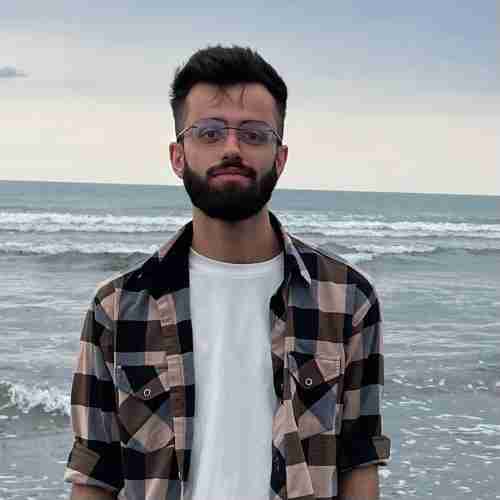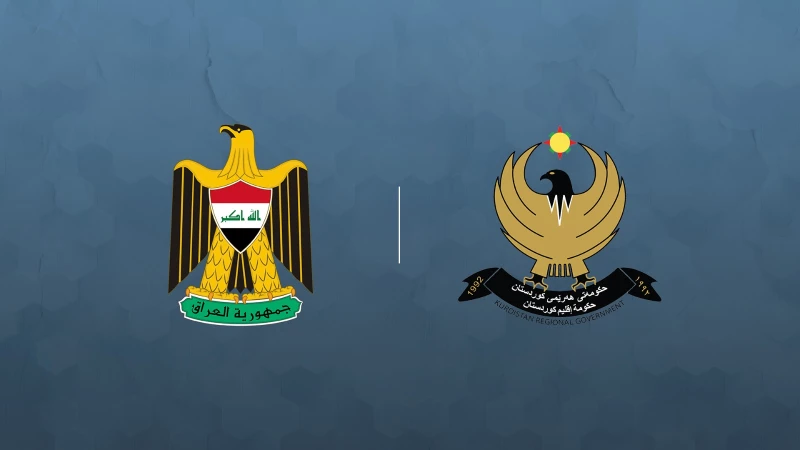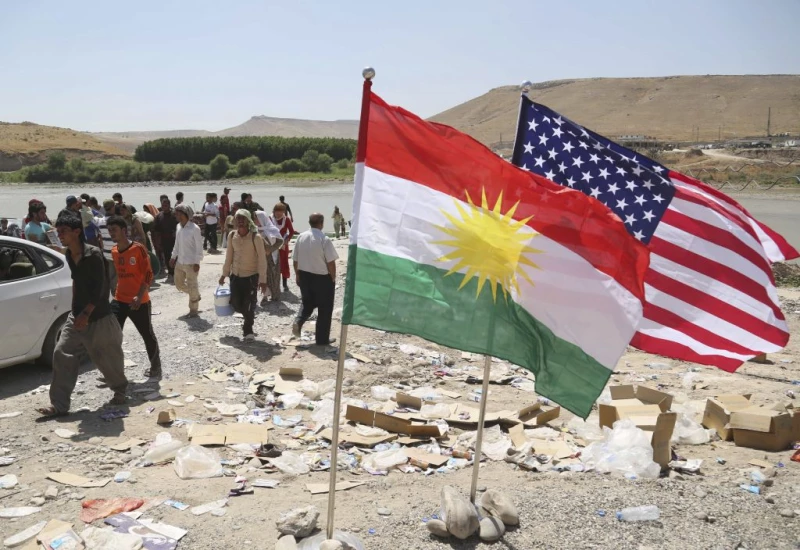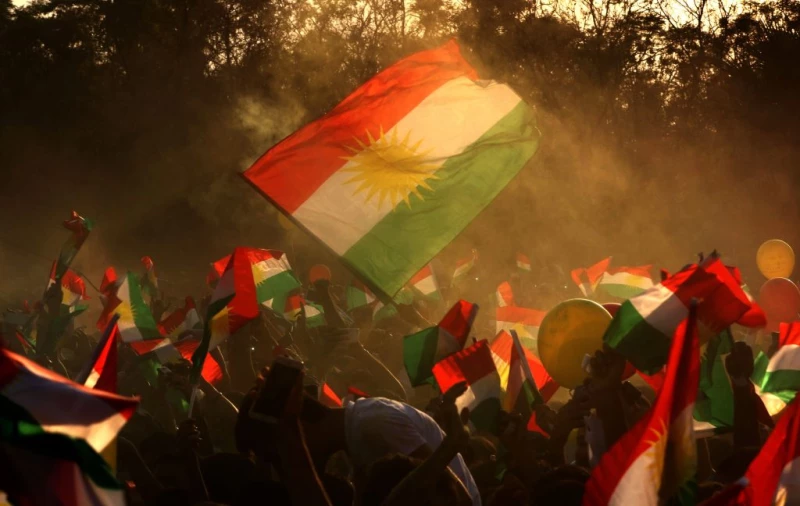ERBIL, Kurdistan Region of Iraq - Speaking at a discussion panel in Washington on Thursday, Kurdistan Region Prime Minister Masrour Barzani lauded the strength of Erbil's relationship with the US, saying that the government “are proud allies and friends of the United States.”
The premier told Al-Monitor’s Amberin Zaman during a panel in Washington that they “are proud allies and friends of the United States,” adding “we feel the welcome and the support we have here in Washington, and we are very proud of that relationship.”
The prime minister arrived in Washington on Saturday, and oversaw the signing of two agreements with HKN Energy, ONEX Group, and WesternZagros on Monday with a combined value of “tens of billions of US dollars,” according to a statement by the Kurdistan Regional Government (KRG).
During his visit, the premier has also met with numerous high-profile US officials, including Secretary of Energy Chris Wright and several congressmen and senators. He is also set to meet with Secretary of State Marco Rubio.
During a Senate hearing on Wednesday, Rubio described Kurdish autonomy, including economic freedom, as the “linchpin” of Washington’s approach toward Iraq, in reference to the deals the prime minister signed in Washington. Barzani told Zaman they “appreciate Secretary Rubio’s statement” in response.
Speaking of the deals with the US companies, which the Iraqi oil ministry has rejected in a statement, claiming that the deals were unconstitutional, Barzani affirmed, “They are absolutely legal,” when questioned about Baghdad's response.
“Our goal is not only to provide electricity for our Region, but we know that the entire country, all of Iraq, and the region is in shortage of electricity. We have the capacity to produce more resources, more gas, so we can have more electricity not only for Kurdistan but for the rest of Iraq,” the premier said, expressing his pleasure with the Runaki project, the Kurdish government’s program to provide 24-hour power to residential neighborhoods, which Barzani noted “is working very well.”
The Iraqi national power grid suffers from a severe lack of gas supply. The country has for years been dependent on Iranian electricity and gas imports to meet about 30 percent of its energy needs. This safety net, however, has grown fragile especially after the US in March declined to renew a sanctions waiver allowing Iraq to import electricity from Iran.
The prime minister stressed that “any dispute or any decision or statements against these deals will be just political statements and nothing else," referring to the Iraqi oil ministry’s statement.
Iraq has a history of restraining and rejecting the Kurdistan Region’s freedom to negotiate and sign agreements relating to its oil reserves. In 2023, Iraq took the Kurdistan Region and Turkey to court over an arrangement to export the region’s oil through the Turkish Ceyhan pipeline, causing a halt in oil exports of Kurdish oil that has cost Baghdad and Erbil well over 20 billion dollars in revenue to date.
When asked about Syria, Barzani said that “this regime also deserves a chance,” expressing hopes that eventually an election will be held with the participation of all Syria's components and a constitution drafted that “respects the rights” of all components and minorities in Syria.
The panel also heard words from several other high-profile individuals, including US Secretary of Energy Chris Wright, who responded with a resounding “absolutely” when asked whether he sees the Kurdistan Region's oil and gas reserves as a potential partner for the Trump administration's plans to integrate into the Middle East.
Notable among the other panelists was Kurdistan Regional Government KRG Cabinet Secretary Amanj Raheem who argued that the Iraqi constitution "clearly" allows the Kurdistan Region to develop its natural resources. "Unfortunately, till now the federal government has failed to implement the federalism system in this regard," Raheem noted.
Michael Knights, a senior fellow at The Washington Institute, postulated that “the best and, being pessimistic, possibly the only thing the US can achieve in Iraq at this stage is to create lasting peace for Iraq's largest ethnic minority [Kurds], who are also the main lifeboat for the persecuted Christians of Iraq and many other minorities."
“Kurdish self-determination within Iraq… should be US policy, and judging by what we’ve heard this week, increasingly it is US policy," Knights opined, underlining the importance of the Kurdistan Region to the Iraqi economy by raising that "without Baghdad-Kurdistan cooperation, there is no Development Road. There is no connection between the Gulf, Iraq, Turkey, and Europe. There is no Iraq-Turkey pipeline without the Kurdistan Region. There is no development of the Kirkuk fields... And there are no major water deals with Turkey without the Kurdistan Region."
Speaking to reporters after the panel, Barzani said that the Kurdistan Region needs the US’ help “more than ever,” adding that the Region is now “respected as a strategic ally of the US, and we expect those relations to reach higher and better levels."
The Kurdistan Region shares strong ties with the US. Washington has for years provided military aid and training to the Region’s Peshmerga forces. Prime Minister Barzani also shares a strong relationship with the current US cabinet in general, evident by his strong reception by US officials during his May visit.

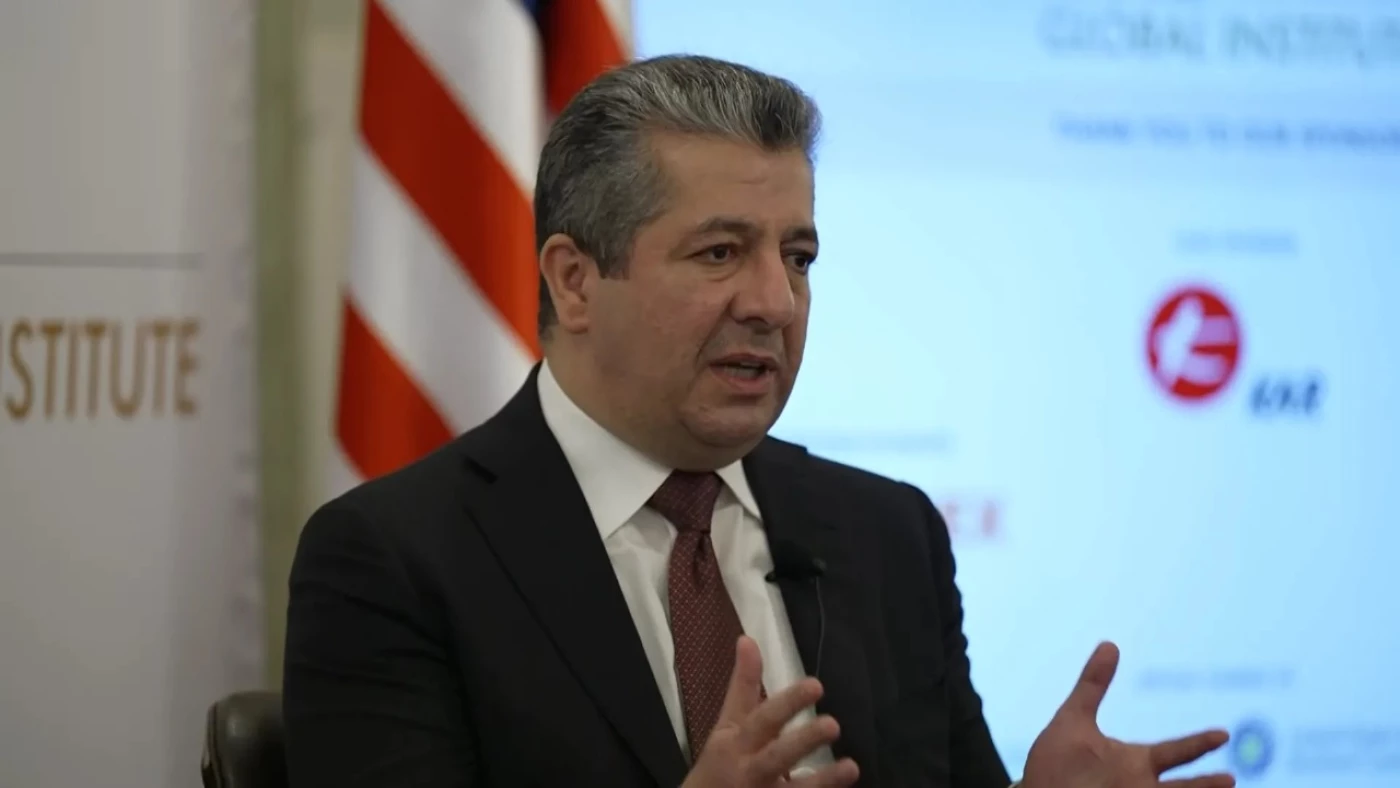
 Facebook
Facebook
 LinkedIn
LinkedIn
 Telegram
Telegram
 X
X
